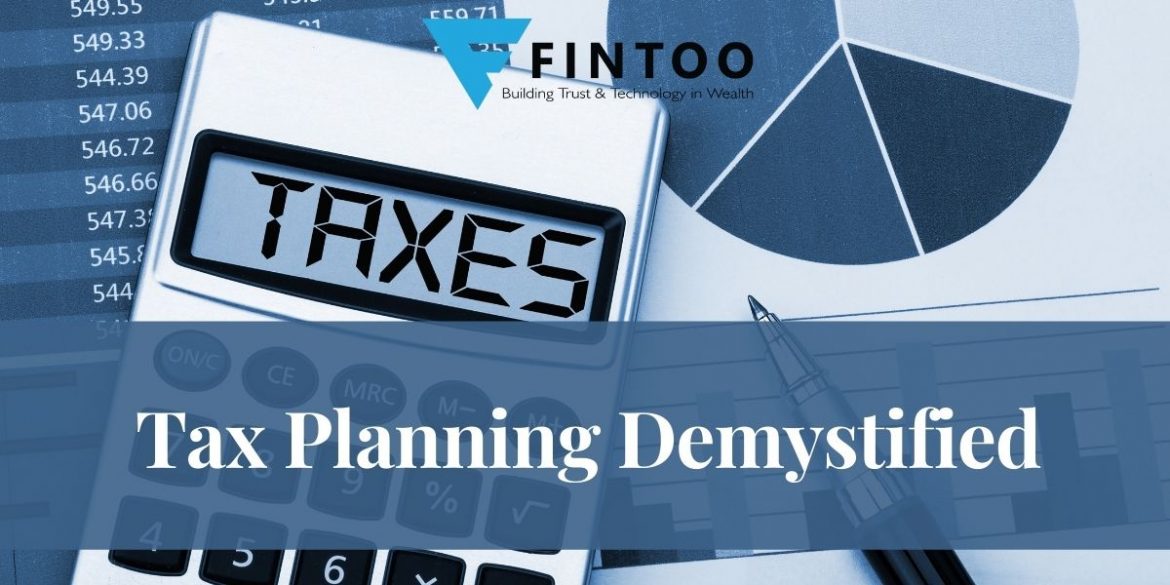

Income tax is always a complicated subject. It’s difficult to understand for a layman. For a salaried person understanding complicated and confusing tax terminology is a nightmare. Through this article, we will make your life simple and make you understand tax jargon in an easier manner. In today’s article, we will discuss the basic difference between Exemption, Deduction, and Rebate.
Exemption
Is an amount that is part of your total income but it’s exempt from tax. It means while calculating taxable income some sources of earnings are exempt. For example u/s. 10(10D) maturity proceeds of the Life Insurance policy are exempt from taxes. In this case, while calculating taxable income we will not include life insurance maturity proceeds. In simple terms, Tax exemption means tax-free sources of earning. It’s advisable to include more and more exempt sources of earning which will help us to reduce taxable income and in turn tax liability.
A few of the popular examples to understand Exemption are
- From salary income based on specific calculation House Rent allowance (HRA) is exempt
- Gratuity received on retirement from employer is also exempt upto a specific amount
- Maturity proceed from PPF account is exempt
Deduction
It is an amount invested or expenditure allowed under a specific section to be reduced from total taxable income. For example, if we invest in 5-year tax-saving Bank FD, the investment amount is allowed to be deducted from total taxable income. Amount paid towards mediclaim policies for self and dependents is allowed to be deducted from total income.
A few of the popular examples to understand deduction are:
- U/s. 80C – Investment or expenditure up to 1.5 lacs p.a. is allowed as a deduction from total income. For e.g. Investment in the ELSS Scheme of Mutual funds or expenditure towards school tuition fees for two kids is eligible expenses for 80C.
- U/s. 80D – Payments for medical insurance premium for self & dependent and for dependent parents is allowed as a deduction from total income.
- U/s. 80DD – Expenditure towards medical treatment of disabled dependents is allowed as a deduction from total income up to a specific amount.
Must read – What Is Form 16? Upload Form 16 And File Income Tax Return
Tax rebate
It is a different concept altogether. A tax Rebate is an amount that is deducted from the total tax payable. Unlike deductions which are reduced from total income, a Tax rebate is an amount that is deducted directly from your taxes.
An individual can claim a rebate of Rs 12500 if he has taxable income less than Rs 5 Lacs. In this case, Rs.12500 is reduced from the total tax payable before the education cess.
To conclude, All three are important tools for tax planning. Understanding these three tax terminology will help us to increase tax-free income and know tax-deductible investment/expenditure. Exemption and Deduction will reduce taxes indirectly. While tax rebates will help us to reduce tax liability directly.
A financial planning platform where you can plan all your goals, cash flows, expenses management, etc., which provides you advisory on the go. Unbiased and with uttermost data security, create your Financial Planning without any cost on: http://bit.ly/Robo-Fintoo
To Invest and keep regular track of your portfolio download: Fintoo App Android http://bit.ly/2TPeIgX / Fintoo App iOS http://apple.co/2Nt75LP‘
Disclaimer: The views shared in blogs are based on personal opinion and does not endorse the company’s views. Investment is a subject matter of solicitation and one should consult a Financial Adviser before making any investment using the app. Making an investment using the app is the sole decision of the investor and the company or any of its communication cannot be held responsible for it.
Related Posts
Stay up-to-date with the latest information.


